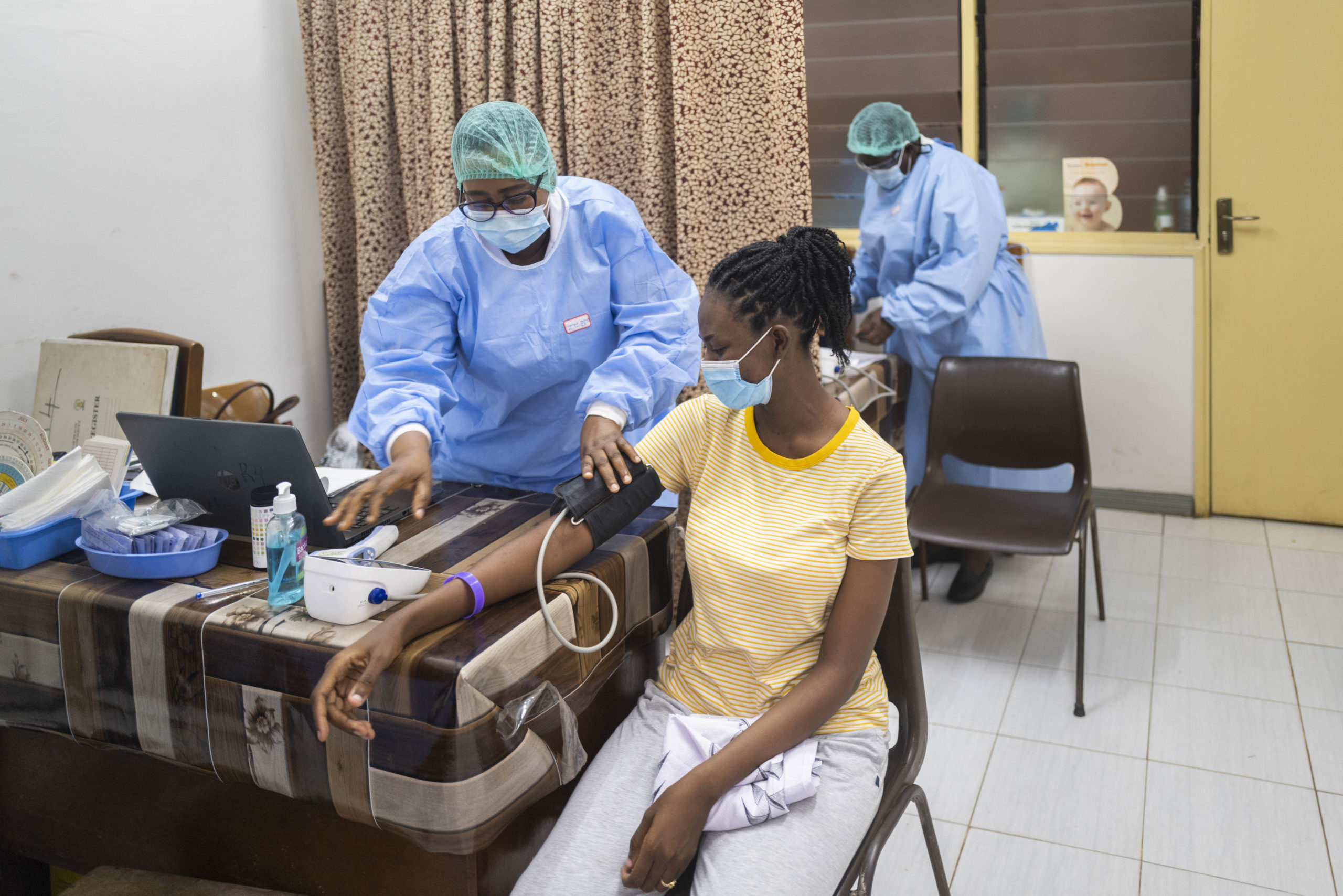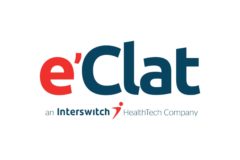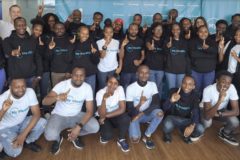South Africa dominates healthtech innovation in southern Africa, according to a report by healthcare consulting firm Salient Advisory. With the country also attracting the most VC capital in the region, it is perhaps not surprising that innovators are following where the money is in an industry where capital is still hard to come by.
According to healthcare consulting firm Salient Advisory’s “Innovations in Digitizing Health Supply Chains” in Africa report, 78% of all healthtech startups and innovators in the southern Africa region are based in South Africa.
The report, whose supporting study was funded by the Bill and Melinda Gates Foundation, features almost 350 innovators in the health supply chain in Africa. It highlights the significant increase in partnerships between governments and health tech supply chain innovators across the continent.
Some more stats on the state of healthtech innovation in the region are as follows:
- 33% of the companies in the region were founded in the last two years.
- 12% of the companies were solely founded by women.
- 10% of the companies have a mixed-gender founding team.
- $7.3M in external funding has been raised by innovators in the region.
- 12% of companies operate in more than one country, some operating beyond Southern Africa.
- 7% of innovators have established government partnerships in South Africa, Zimbabwe, and Malawi.
Across the continent, Plug N Play Ventures and Launch Africa cut the most equity and debt cheques for healthtech innovators. The Bill & Melinda Gates Foundation and Google’s Black Founders Fund, on the other hand, have provided the highest number of grants. Additionally, innovators headquartered outside the continent have also raised 83% of total funding ever reported, with large e-commerce giants and medical drone delivery operators capturing the bulk of external investment.
Similarly, gender financing gaps are also evident as companies founded solely by women make up 8% of all startups but have received only 2% of all reported funds overall time. Lack of access to equity financing has resulted in women-led companies relying more heavily on debt and grants.
“African health innovators have demonstrated an impressive ability to utilise technology for the optimisation of supply chain solutions and the improvement of access to medicines. We are delighted to witness this progress, particularly as it coincides with an increase in government partnerships, which will advance positive health outcomes,” said Hany Abdallah, senior program officer, supply chain systems at the Bill and Melinda Gates Foundation.




















